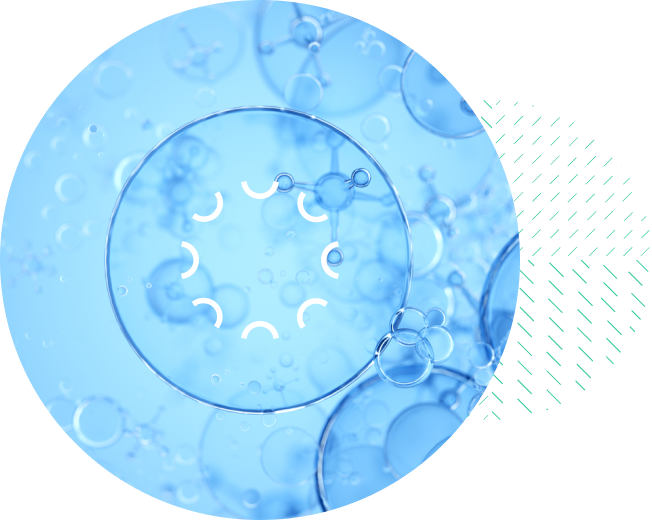What are monoclonal antibodies (MABs)?
One of the ways our body’s immune system protects itself from dangerous substances is by producing antibodies. Antibodies are a type of protein that attaches to another form of a protein called antigens. By finding and attaching to antigens, antibodies can impact other parts of the immune system to eliminate cells associated with the given antigen.
Antibodies can be used as a cancer treatment when you design antibodies targeting specific antigens, including those on cancer cells. These antibodies are produced using a single immune cell to create identical copies of a particular antibody. These types of antibodies are called monoclonal antibodies (MABs).
What is monoclonal antibody treatment used for?
Monoclonal antibodies can be used for various purposes, such as a diagnostic tool for identifying specific proteins. However, their primary function is as therapeutic agents for treating diseases by targeting and neutralizing specific proteins involved in the disease process.
Their success as therapeutic agents is determined by their high degree of specificity and design flexibility. These characteristics enable the use of MABs to treat diseases that are caused by different proteins without affecting other proteins in the process.
How are monoclonal antibodies used?
Monoclonal antibodies can be administered in different ways, from intravenous injection to topical application. The way MABs are used in treatment depends on the type of MAB used and the specific condition being treated. This allows MABs to be used for treating cancers and autoimmune conditions.
Autoimmune conditions include skin disorders, certain types of arthritis, and various other inflammatory autoimmune disorders. Since MABs serve as a substitute for antibodies, they mimic the immune system's attack on negative cells.
Producing suitable MABs requires researchers to determine the suitable antigen to target. The nature of different cancers has led the application of monoclonal antibody treatments to be more prevalent and successful in certain types of cancers over others. MABs offer enormous potential for treatment that must be highly specific and tailored for individual patients.
Drawbacks of monoclonal antibody therapy
While monoclonal antibodies may be a powerful treatment for several diseases and conditions, they also have drawbacks. MABs are expensive to produce, making them inaccessible to many patients. Like many other types of therapeutics, MABs may cause dangerous immune system responses, including rashes, diarrhea, nausea, dizziness, and fever.
Watch our webinar to keep up-to-date with the latest trends in monoclonal antibody research and discovery.



